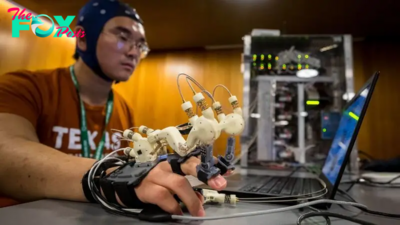


In this adapted excerpt from "The Future of Language: How Technology, Politics and Utopianism are Transforming the Way We Communicate"...
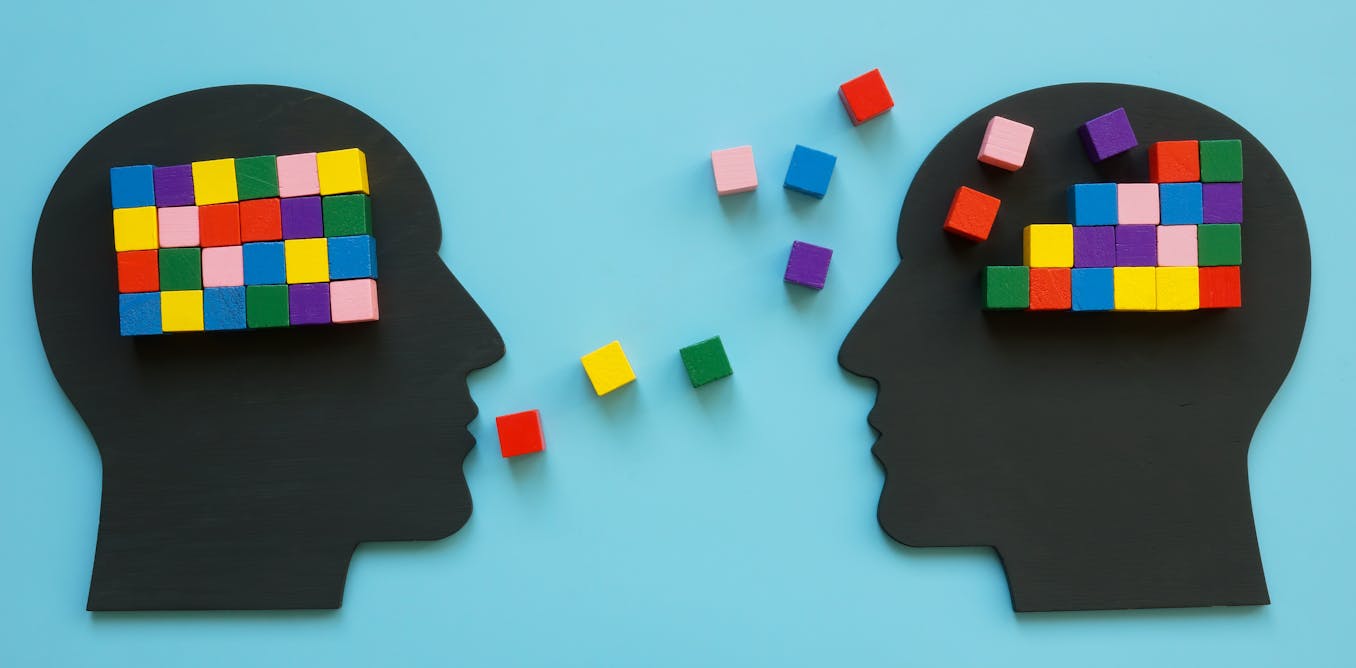


Language enables people to transmit thoughts to each other because each person’s brain responds similarly to the meaning of words....



“My brain has way too many tabs open.” “Why can’t I complete tasks?” “Why do I lose track of time?” “Why can’t I...



Brain organoids are 3D, lab-grown models designed to mimic the human brain. Scientists normally grow them from stem cells, coaxing...



Shorter sleep and later bedtimes are linked to potentially harmful functional changes to parts of the brain important for coping with...
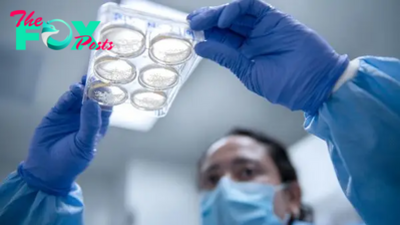


Scientists may have confirmed a theory about the origins of autism by creating miniature, 3D replicas of human brains.These tiny brains,...
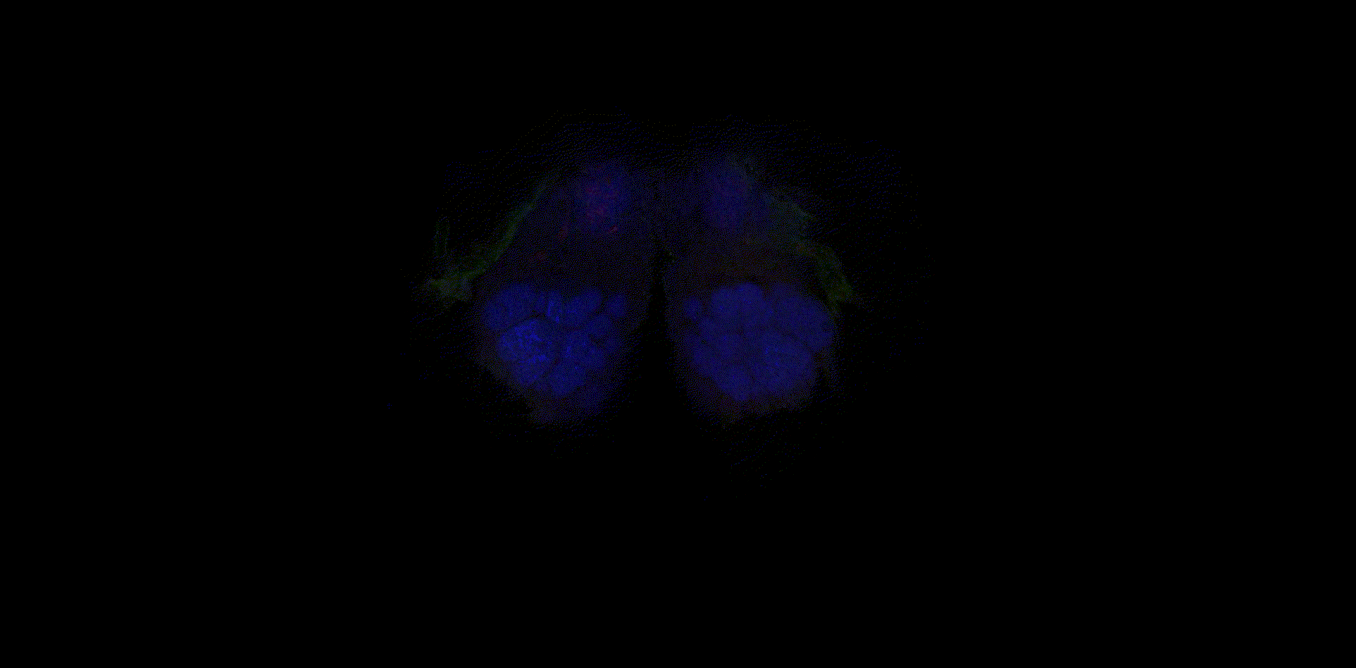


The human brain contains approximately 87 billion neurons. On average, each of these cells make thousands of different connections...



Researchers discover ejaculation in male prairie voles triggers a cascade of neural activity in both sexes that helps them form strong...



Minibrains grown in the lab may help explain why concussions and other traumatic brain injuries (TBIs) raise people's risk of dementia.In...
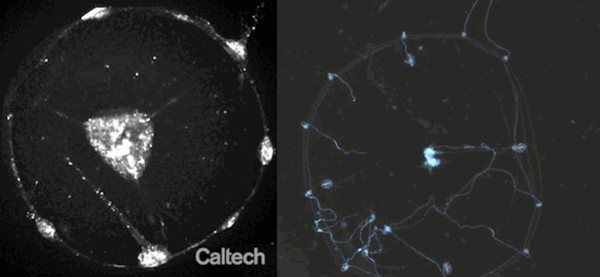


Jellyfish may be brainless, yet they can do surprisingly complex things with their simplistic nervous systems. Now, by fiddling with...



Scientists have discovered that orgasms rewire the brains of fuzzy little rodents called prairie voles, helping them to bond and form...